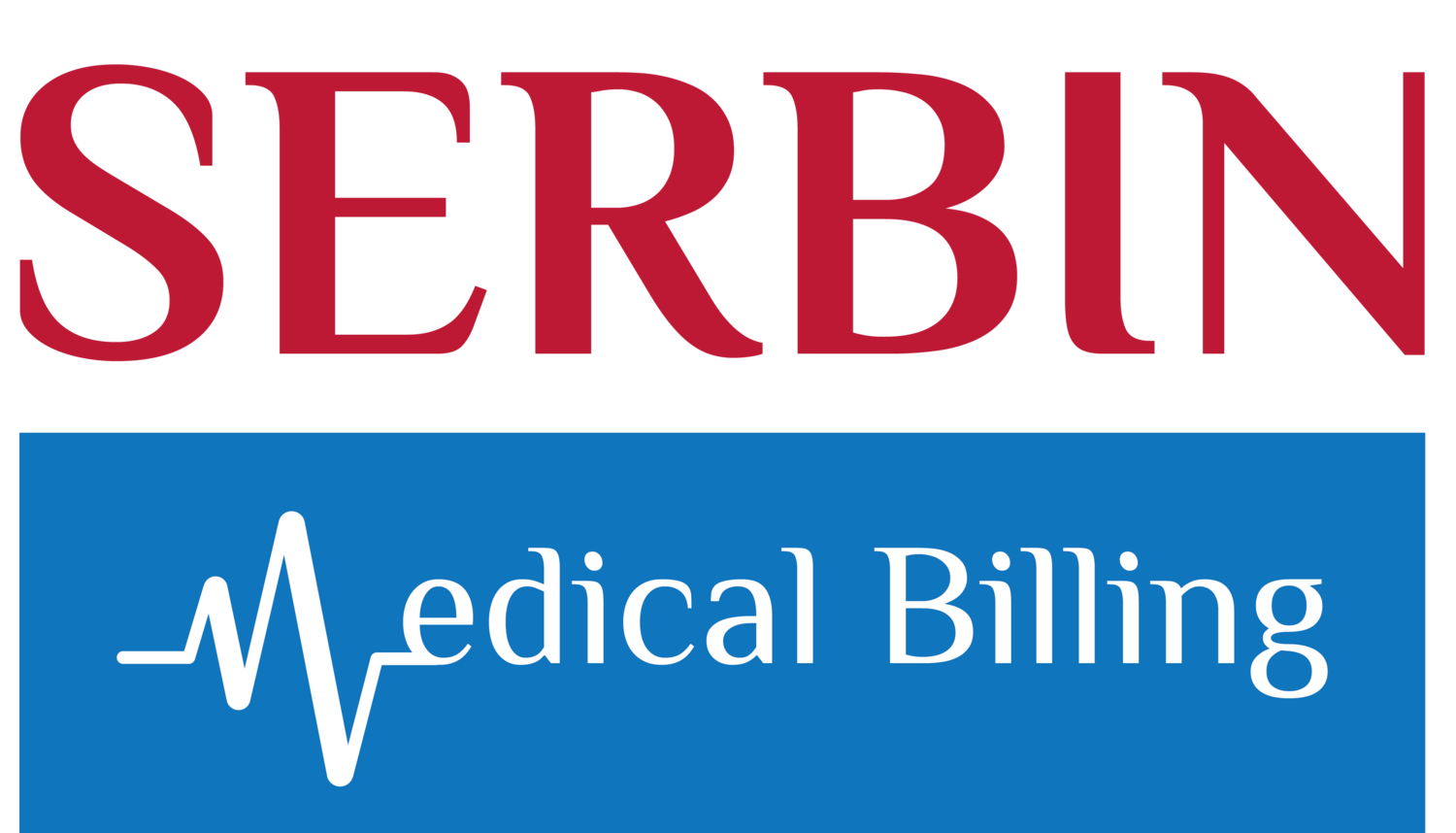13 Areas of Focus to Keep Your ASC's A/R Current
By Caryl Serbin, RN, BSN, LHRM
1. Provider dictation must be detailed and timely to enable proper coding and billing. Lack of specificity can result in lost revenue. Late dictation delays billing and reimbursement.
2. Submission of clean claims increases claim turnaround time and faster reimbursement. Ensure that form requirements are met for different carriers and states.
3. Timely filing is a must. The biller must be aware of payer deadlines. In most states, the third-party payer contract has a designated length of time in which to pay. This includes the time for the payer to receive the claim and any denials or requests for additional information.
4. Payment posting must be completed within 24 hours of receipt. Prompt reimbursement does not earn interest sitting on the payment poster’s desk.
5. Bank deposits should be completed by a member of management or designee on the same day the payment poster completes daily posting.
6. Lock boxes may be a consideration to speed up access to funds. Instead of checks waiting to be posted to the correct account and then deposited in the bank, the payment goes directly to the bank, which, in turn, sends the ASC a report of monies received. The payment poster can then post the amounts received into the appropriate accounts.
7. Denial logs are the best way to identify and track denial trends. Internal errors may become evident, as should unusual payer delays. Refer any denials to appropriate revenue cycle team member (e.g. coding errors to coder, additional information request to biller).
8. Collections should start within two weeks from date of filing. Reimbursement for clean claims by electronic funds transfer can be received in less than two weeks. It is therefore important that collectors begin contacting third-party payers who have not paid or sent a denial or request for additional information within that time frame.
9. Prompt-payment regulations vary by state. Be knowledgeable of your state’s rules and enforce them.
10. Payer contract knowledge is a requirement for all members of the revenue cycle team to ensure all eligible services are paid to the fullest extent allowed. Coders must know what procedures are covered; billers must know payer form requirements; payment posters must know what procedures are covered and their allowance; and collectors must be aware of timely filing and prompt-payment regulations included in contract.
11. Persistent and smart collection follow-up is important. Denials should be resubmitted immediately upon receipt. Sort claim phone follow-ups by payer. To save time, complete all claims (or all that are allowed by the payer) at once.
12. Frequent review of outstanding accounts by age allows determination of which accounts need to be worked first (oldest and highest balances). All outstanding accounts should be worked at least every 30 days.
13. Auditing by management should be performed at least monthly. Perform the following:
Check denial log to follow up on error trends.
Check coding, billing and payment posting for accuracy and timeliness.
Determine whether all outstanding balances are being worked in a timely manner.
Run appropriate A/R reports to determine if any accounts are unbilled, timely filing limit is approaching and prompt-payment regulations are being enforced.


